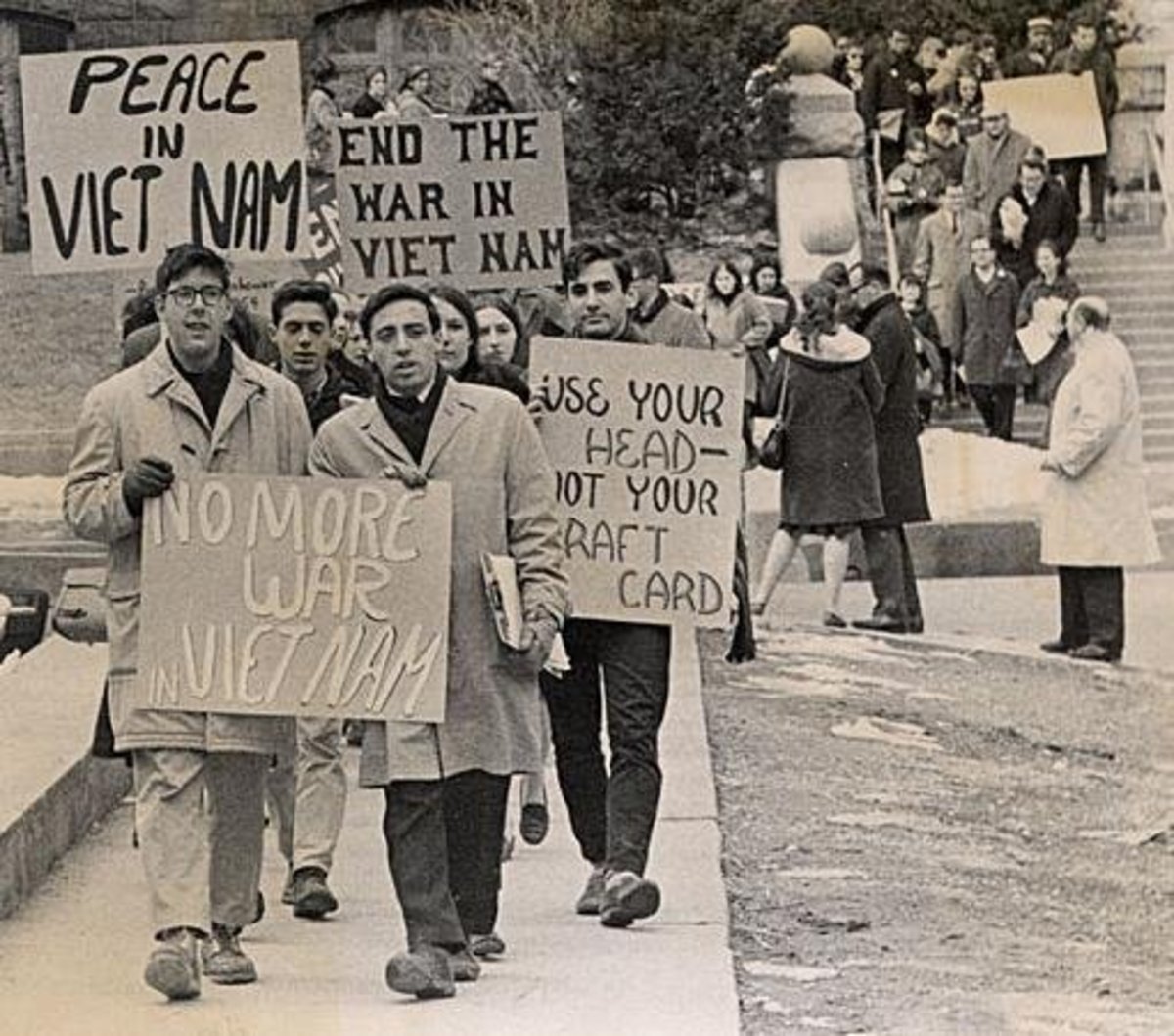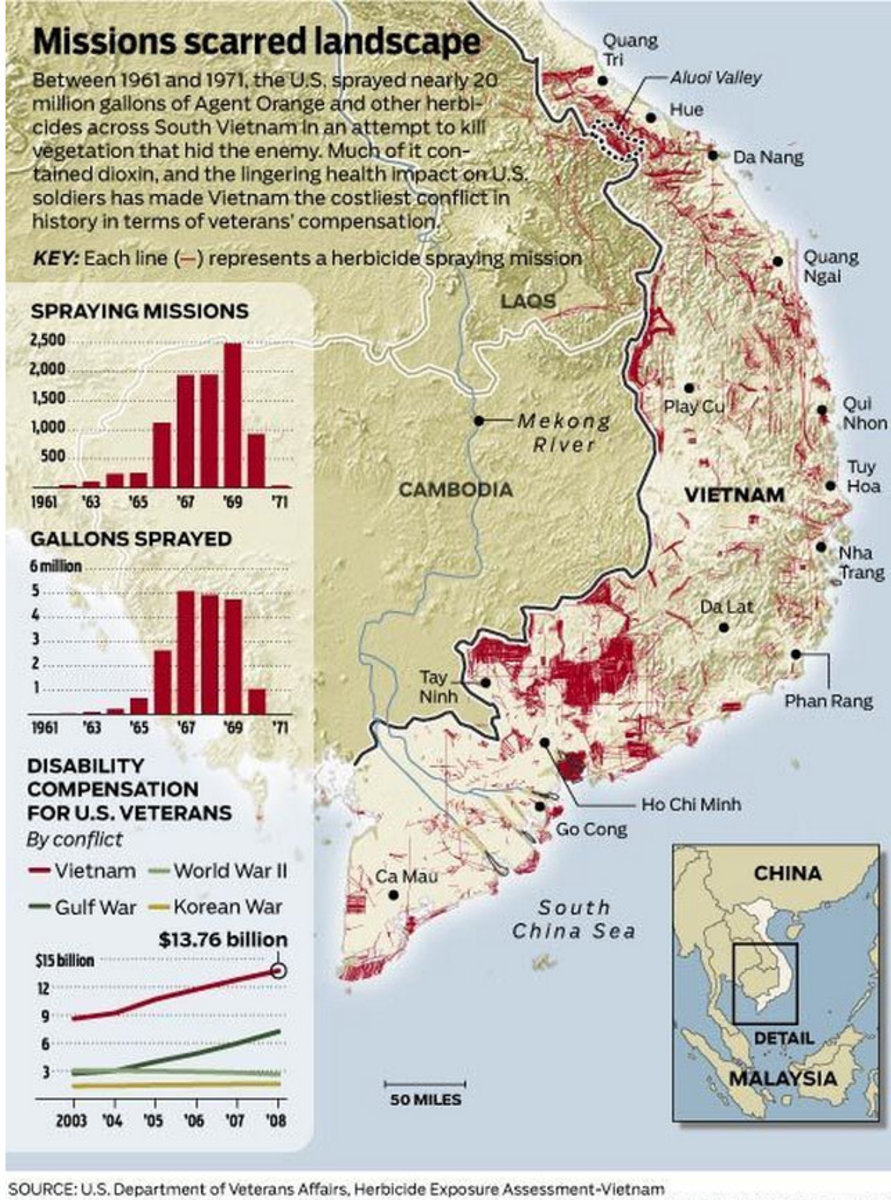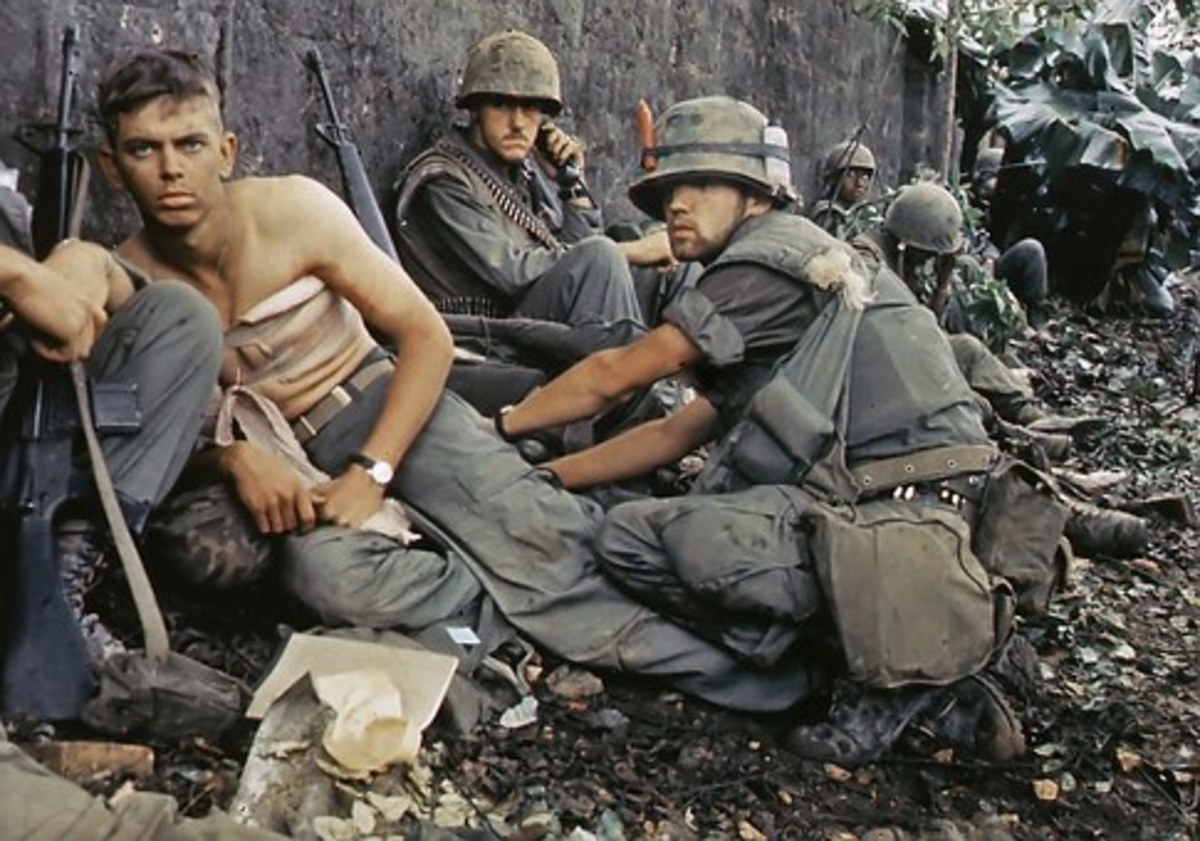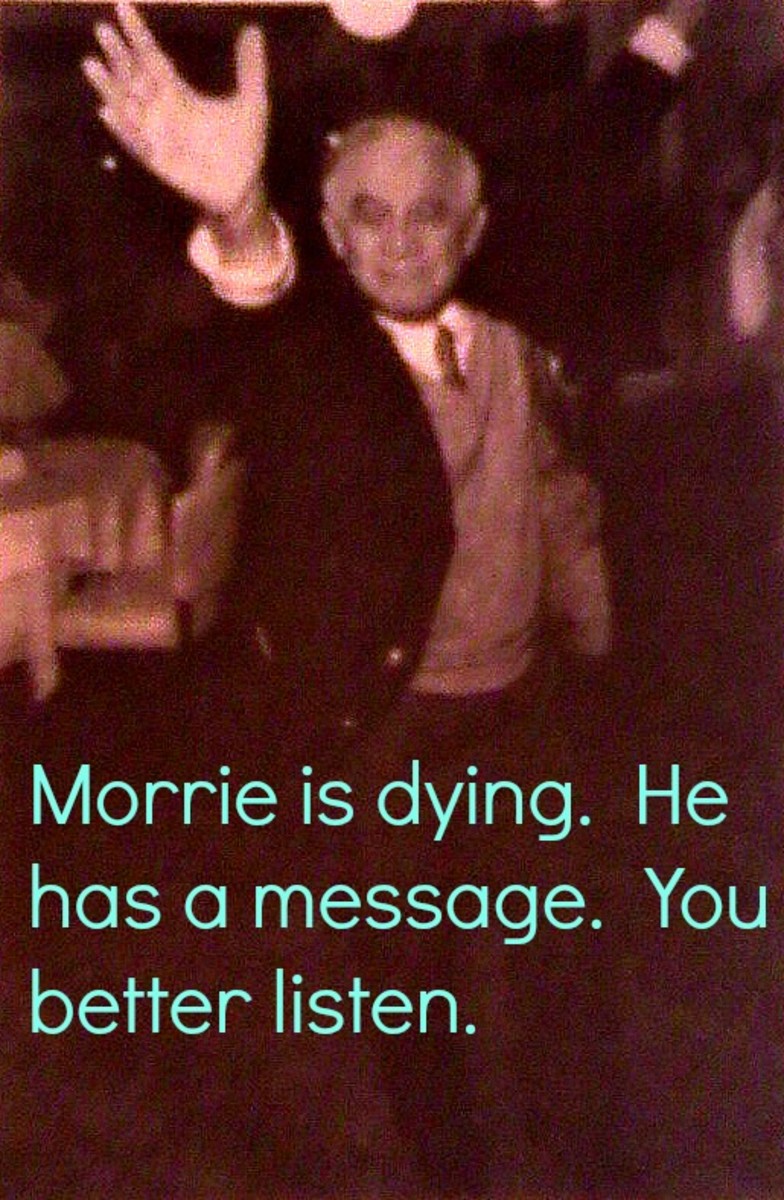- HubPages»
- Books, Literature, and Writing»
- Books & Novels»
- Nonfiction
Home Before Morning Summary
HOME BEFORE MORNING
Home Before Morning , a 320-page book by Lynda Van Devanter is a powerful book recalling the Vietnam war days when the writer was in the middle of the action. Nonetheless, I would not still consider it a war story even as like all war stories the theme of the book is war. The Vietnam War was a significant moment in American history. It involved every American whether or not they were the part of action in Vietnam. It was an ideological war. Nonetheless, it had divided the citizens of America into two camps – pro and anti – Vietnam War. Therefore, any description of Vietnam War must involve individual emotion and passion of the writer. This is what Lynda Van Devanter does. She writes with passion. She tells stories that are real and that involve her in some way. She invests her emotion in each of these stories and what we get is an autobiographical work with war in the background.
Lynda was nurse – a part of care giver team in the Vietnam war. The narrative recalls the stories of nurses, doctors, and physicians that went to war with the mission of helping the wounded. While in service, Lynda came to know personally a number of GIs, wounded physically and emotionally, whom she and the others healed.
The initial war euphoria died soon when many came to see the horrors of war face to face. They could realize their mistaken notions on patriotism. They began to question their decision to participate in war as the losses mounted. What glory and honor was there in the war? Were there reasons to serve the army legitimate? These are some of the issues the author raises and addresses.
We get the picture of Lynda as the girl next door of cheerful temperament who lived with her four sisters. She loved sports and was in fact a cheerleader. She attended the nursing school, after having studied in Catholic schools and passing out of the high school. She joined the army in 1969 before going to Vietnam. She served as U.S Army nurse from 69-70. In this capacity she was at the 71stEvacuationHospital in Pleiku.
The reason she volunteered to join army was patriotism. She was ideologically convinced especially after President Kennedy’s inaugural address to the nation that the U.S army was doing a great job saving a nation from communism. “There were brave boys fighting and dying for democracy, I thought. And if our boys were being blown apart, then somebody better be over there putting them back together again. I started to think that maybe that somebody should be me.” (Van Devanter p.49).
However, her idealism soon gave away as she confronted the nature of her illusions. She was working under difficult conditions. She had to labor long hours in operating rooms that were filthy, understaffed, ill-equipped and without basic facilities. She witnessed horrors everyday. She saw people die in the absence of proper care. She was forced to remain a mute witness to horrific injuries because she couldn’t do anything. It was almost impossible to save injured army men and civilians, friends and foes despite her determination and will. Not every one could be cared for or receive timely treatment because men and resources were grossly insufficient. Although their top priority was to save those that could be saved yet not every one among those that could be saved were actually attended to. It was simply impossible for her to sustain on merely noble thoughts. It was but natural that she was depressed and frustrated. The approach to dealing the crisis was clear. As the first priority was to save those that had the hope of surviving, the surgeons relied on “band-aid” surgery for them. In other words, medics did what ever they could to quickly sustain life before evacuating them to places where better options were available. Those that could not be saved any way were administered pain killers and separated. The scene at 71stEvacuationHospital was immensely dreadful. Glad bags or Grady body bags used top be lined up outside the hospital while choppers came in throughout the day and night carrying wounded. The hospital scenario was chaotic while the staff remained perpetually drained and exhausted with the overload of work. There were instances when exhausted doctors and nurses actually fell asleep standing or slumped to the floor.
During those difficult times the hospital staff was like close-knit family supporting one another. The basic amenities like shampoo and tampon were only available from friends and relatives that sent them to the war theatre, and were shared among the inmates. The staff as close-knit family members supported one another and shared everything they could. They received mutual comfort and succor from one another. When the flow of casualties subsided, although that was rare, the found time to party, drink and smoke together.
Lynda is downright open in discussing everything from small to big that impacted her including her personal life. For instance, she became intimately involved in relationship with several male doctors, several of whom had wives and children back home. Given the war scenario and tough circumstances, this should not come as surprise to any one. This was possibly the only way they could have retained their sanity. Moreover, the arrangement was tacitly understood to be temporary. Lynda unsuccessfully attempted to resume the relationship begun in Vietnam with a man but was heart broken when a man she had much hope from also walked away.
The returning Vietnam veterans did not get a warm welcome back home. They were despised and hated. They could be easily identified in their uniform. Lynda was no exception to the derisive treatment people gave her cursing and showing their fingers at her, calling her baby killer. A group of hippies even spat at her. In other words, all Lynda received for selfless work was really a filthy treatment.
Lynda went public with her message and ideas in 1980 when she began the VV Project for women, making public speeches, writing books and articles. She eventually became the National Women’s director of Vietnam Veterans of America (VVA). This is the nation’s only legally mandated body serving Vietnam veterans. Their official motto is “Never again will one generation of veterans abandon another.”
She has also appeared at a trial to explain PTSD to the jury when Wayne Robert Felde was tried for murdering a police officer.
In conclusion, we can say that Lynda has made a very honest attempt at disclosing the reality of war in Vietnam. She has made an attempt to describe the events from a very objective perspective even as most of it is the personal narrative of autobiographical nature. Nonetheless, the readers get an insight into what it meant for a person to live and survive the horrific war. Also, we notice hollowness of patriotism and ideologies when it comes to human suffering.








